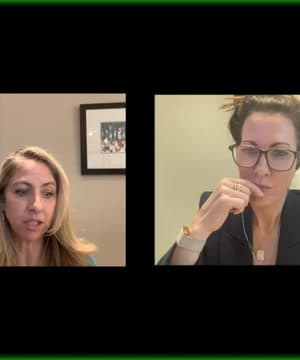Athlete injuries
Sources:
Here are some insights from experts on athlete injuries:
-
Recovery Nutrition: Proper nutrition is crucial for recovery from injuries like ACL tears or fractures. Athletes should avoid restricting their diet during recovery, as they need adequate food for healing and to maintain hormonal balance. Sleep and mental support are also vital aspects of recovery 1.
-
Sleep and Injury Risks: Insufficient sleep can substantially increase the risk of injury. Studies indicate that getting less than 8 hours of sleep may lead to a higher chance of fatigue-related injuries, especially in adolescent athletes. Good sleep hygiene and prioritizing rest can help mitigate these risks 2.
-
Environmental Impact: External factors, such as the distribution of medical resources and training environments, influence injury rates among athletes. Differences in care access and training quality can lead to various injury outcomes. Furthermore, training in movement skills from an early age (such as in dance) can lead to more stable biomechanics and fewer injuries 3.
-
Screening for Injury Risk: Effective injury screening involves focusing on the most common injuries for a particular sport and considering the athlete's injury history. This targeted approach helps in identifying and mitigating potential injury risks more efficiently compared to a broad, unspecified screening 4.
These insights capture key points on how to manage and prevent injuries among athletes.
RELATED QUESTIONS-


